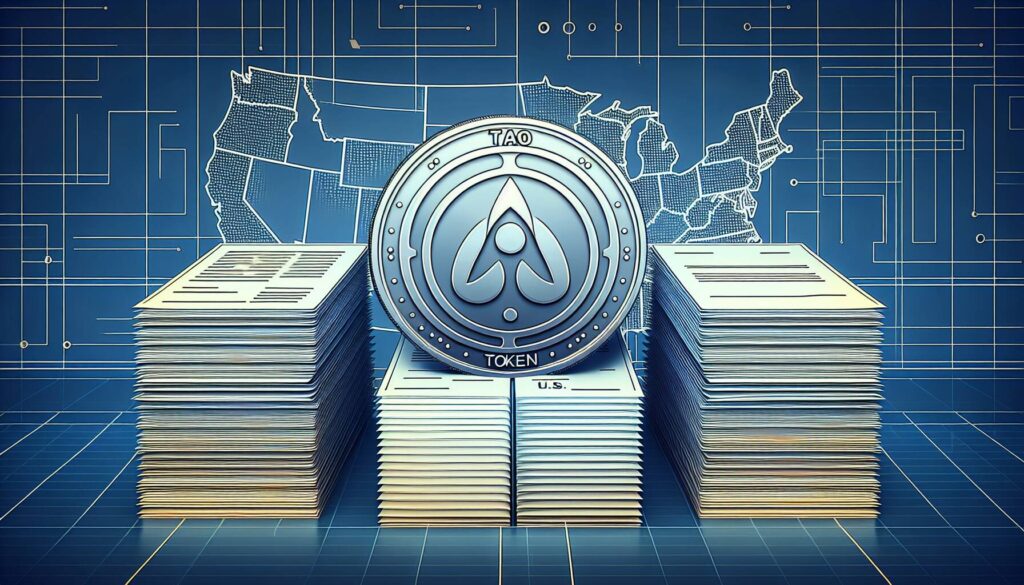Validators on the BNB Chain have put forward an ambitious proposal aimed at enhancing the platform’s competitiveness in the crypto landscape. The suggestion involves slashing the minimum gas price from 0.1 Gwei to 0.05 Gwei, while also shortening block intervals from 750 milliseconds to 450 milliseconds. This strategic move intends to bring average transaction costs down to approximately $0.005, positioning BNB Chain to rival other low-cost chains like Solana and Base.
The groundwork for this proposal was laid with previous adjustments made in April and May of 2024, where the gas fees were progressively reduced from 3 Gwei to just 0.1 Gwei, resulting in an impressive 75% decrease in transaction costs. The current proposal emphasizes the significance of maintaining ultra-low fees as a fundamental element for the network’s growth, especially as long as staking annual percentage yields (APY) exceed 0.5%. This highlights a concerted effort to encourage adoption and trading activity within the network.
“As long as staking APY remains above 0.5%, BNB Chain should strive to have the lowest gas fees possible,”
The timing of this initiative comes at a pivotal moment, as on-chain trading activity on BNB Chain experiences a notable surge, particularly with the rise of decentralized exchange Aster. As reported by CoinMarketCap, Aster has recently processed a staggering $29.37 billion in perpetual futures trading volume within a 24-hour window, successfully generating $7.2 million in daily revenue—more than double that of its competitor HyperLiquid.
This momentum is reflected in the rapid growth of ASTR, which has jumped 37% in the past day, elevating its market capitalization from $931 million a week prior to a striking $3.74 billion. In contrast, HyperLiquid’s token, HYPE, has faced a decline, with its market cap plummeting from $14.88 billion to $11.73 billion.
An analysis of transaction trends reveals that trading-related activities are becoming increasingly dominant on the BNB Chain, skyrocketing from just 20% at the beginning of 2025 to a significant 67% by June. The proposal advocates that lowering transaction costs could catalyze even more growth in this burgeoning sector.
In terms of the BNB token itself, it has seen a slight dip of 1% in the past 24 hours, yet it manages to maintain a stronghold above the crucial psychological threshold of $1,000, with daily trading volumes exceeding $3.8 billion. This combination of factors points to a vibrant and rapidly evolving marketplace, where strategic adjustments in fee structures may pave the way for significant advancements in user engagement and trading volumes.

BNB Chain Gas Price Reduction Proposal
The BNB Chain validators are making significant changes to drive transaction costs down, aiming for greater competitiveness in the blockchain space.
- Gas Price Reduction:
- Proposed lowering from 0.1 Gwei to 0.05 Gwei
- Follows previous reductions: 3 Gwei to 1 Gwei in April, 1 Gwei to 0.1 Gwei in May
- Aims for average transaction costs around $0.005
- Block Interval Reduction:
- Proposed reduction from 750 milliseconds to 450 milliseconds
- Impact on Network Competitiveness:
- Targeting lower costs to compete with low-cost chains like Solana and Base
- Ultra-low costs viewed as essential for network growth
- Aster’s Trading Surge:
- Decentralized exchange Aster processed $29.37 billion in perpetual futures volume recently
- Aster generated $7.2 million in daily revenue
- Contrast with HyperLiquid‘s $2.79 million revenue
- Token Performance:
- ASTR token surged 37% in value
- Market capitalization increased from $931 million to $3.74 billion
- Conversely, HYPE token value fell from $14.88 billion to $11.73 billion
- Impact on BNB Chain Activity:
- Trading-related transactions increased from 20% to 67% of BNB Chain activity
- Lower costs could drive further growth in trading activities
- Current BNB Token Status:
- BNB token down by 1% recently
- Maintains a price above $1,000
- Daily trading volume at $3.8 billion
BNB Chain’s Proposal: A Game Changer in DeFi Landscape
The recent proposal by validators on the BNB Chain to reduce gas prices and block intervals marks a significant shift within the competitive landscape of decentralized finance. By lowering the minimum gas price from 0.1 Gwei to 0.05 Gwei and cutting block intervals from 750 milliseconds to 450 milliseconds, BNB Chain aims to position itself against emerging low-cost networks like Solana and Base. This strategic move seeks to lower average transaction costs to about $0.005, potentially attracting more users to its ecosystem.
One notable advantage of this initiative is its timing, coinciding with a surge in on-chain trading activity led by decentralized exchange Aster, which has recently captured significant market share. Aster’s impressive perpetual futures volume and escalating daily revenue indicate a growing appetite for efficient trading solutions. By reducing transaction costs, BNB Chain could further amplify this growth, enticing traders and investors who are cost-sensitive. Conversely, established players like HyperLiquid may find this increased competition challenging, as their market shares could dwindle should low-cost alternatives gain overwhelming traction.
Despite these benefits, there are inherent risks. If the BNB Chain’s gas fees drop too low, it could undermine the perceived value of its token and stakers’ yields. Furthermore, while the proposal emphasizes competitive pricing to drive network growth, it raises questions about the long-term sustainability of such low fees. Existing investors and stakers might face challenges if their returns diminish alongside falling transaction costs, potentially leading to discontent within the community.
This development is poised to attract a broader range of users, particularly those focused on cost efficiency in their trading strategies. However, it may also create hurdles for platforms that rely on higher fees for operational revenues. In this fast-evolving DeFi landscape, keeping a close eye on market reactions and subsequent adjustments in user behavior will be crucial for both BNB Chain and its competitors moving forward.
















